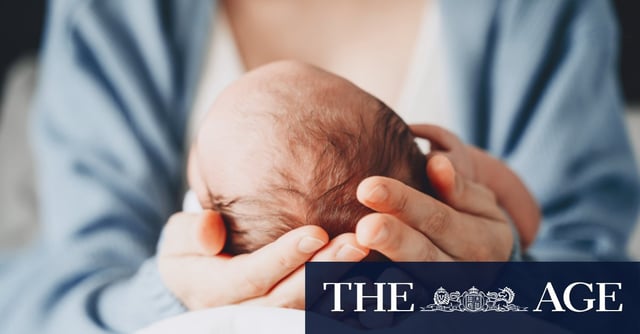Overview
- U.S. fertility has declined across all age groups over the last 50 years, with the current rate of 1.6 births per woman far below the 2.1 threshold for population replacement.
- President Trump’s administration is considering a $5,000 one-time baby bonus, expanded IVF subsidies and tax-deferred savings accounts for newborns to encourage higher birth rates.
- A bipartisan Senate bill would classify maternity care as an essential health benefit under the Affordable Care Act, potentially eliminating out-of-pocket childbirth costs for insured families.
- Pro-natalist measures will focus on lower-income parents, drawing on models from Hungary and other nations that achieved temporary birth increases but at significant fiscal cost.
- Demographers warn that cultural shifts—such as delayed partnerships, solo living and rising housing and childcare expenses—may undercut the impact of financial incentives.


